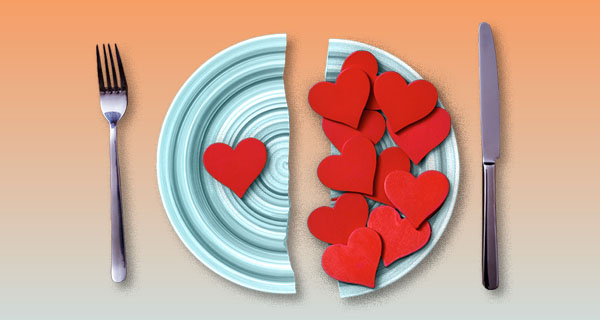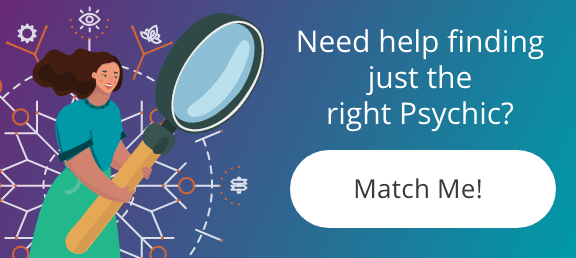Alanis Morrisette’s lyric coined the phrase “friends with benefits” – and captured the essence of a whole new type of relationship – two people who are physically intimate, without being in a romantic relationship.
For some people, a “friends with benefits” arrangement is simply a way to release sexual frustration. For others, it offers sexual companionship and affection, without the time and energy involved in a more serious love relationship.
“Friends with benefits” defines the relationship as physical, with no romantic strings attached. Of course, all relationships have strings attached – but in this type of arrangement you can’t always tell what they are. If you’re trying to decide whether you can handle this kind of arrangement, ask yourself these six questions:
1. Am I being honest with myself?
Your reasons for choosing a “friends with benefits” relationship are your own – just make sure you really understand what they are. Are you sure you don’t want commitment, or are you just saying that because your partner isn’t looking for a commitment? Are you really too busy to date, or are you simply afraid of getting hurt? Are you content with just a physical relationship, or are you secretly hoping your lover will one day realize they’re in love with you? Are you trying something fun and free, or settling for something less than what you really want? Understanding what you really want to get out of being “friends with benefits” is the only way to avoid being hurt or disappointed by something that isn’t what you had hoped it would be.
2. Am I being honest with my partner?
If you want to be “friends with benefits,” you have to be completely honest in communicating that to your partner. Don’t say “things are complicated.” Don’t say “I don’t know what I want.” Don’t say “I’m confused.” Those are all lies. You know what you want, and it’s not that complicated: sex without a relationship or much responsibility or accountability. So just say, “I want sex without a relationship.” Being so blunt may be difficult, but it’s the only way to enter into this sort of arrangement without being dishonest and hurtful.
3. Is my partner being honest?
Of course, being honest with yourself and your partner doesn’t completely absolve you of responsibility. Even if you’re honest and clear about your intentions, your partner may continue to hope that one day you’ll change your mind and be open to a committed relationship. It’s easy to let yourself off the hook by saying you were honest. But if you know your partner is not in the right emotional place to just be “friends with benefits” with you in particular, you must bow out of the relationship gracefully. If you don’t, you’ll end up damaging the friendship, and placing yourself and your friend in a painful situation.
4. Am I healthy?
Some people choose “friends with benefits” situations because they want to enjoy sex without the STD dangers that come with casual sex. The logic is that your partner is a friend, so you’ll feel safer knowing their sexual history. But this false sense of security may end up putting you at even greater risk. Because you “know” your partner, you might become less careful about using condoms and birth control – yet “friends with benefits” situations are rarely monogamous.
Being safe isn’t just about protecting your physical health – it’s about protecting your emotional health, too. By opting for this type of relationship, are you neglecting important aspects of your life? Are you avoiding being alone with yourself? Are you missing out on dating other potential partners because you’re too afraid to take risks? Before you get to decide whether a “friends with benefits” arrangement is right for you, take a good look at how such a relationship will affect you physically, mentally and spiritually.
5. Am I sure I’m being honest?
Okay, we may be beating a dead horse about the honesty thing. But it really is the main issue with these situations. “Friends with benefits” can talk all they want about sexual freedom and modern mores, but often one of the partners is secretly hoping for more. Even if you both start out on the same page, over time one of you may end up feeling emotionally attached. Continue to check in with each other, so you both know what to expect from the relationship as time goes on.
6. Am I happy?
At the end of the day, no one can tell you whether you can handle being “friends with benefits.” The best you can do is enter the relationship with honest, realistic expectations and keep constant tabs on how you’re feeling. Being “friends with benefits” won’t feel like the magic of real love – but if you’re honest with yourself and your partner, it might still help you to be happy in the here-and-now.
Do you need help removing an emotional block? Talk to a psychic for guidance. Call
1.800.573.4830 or
click here now.



